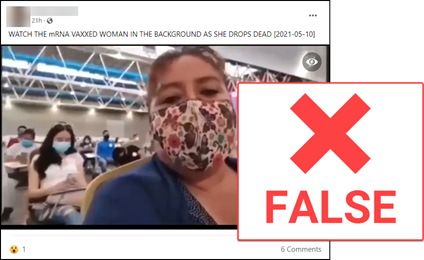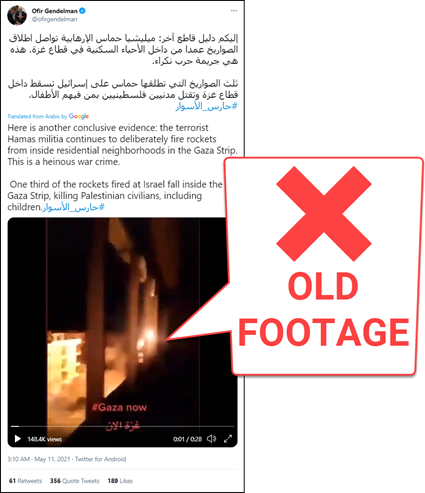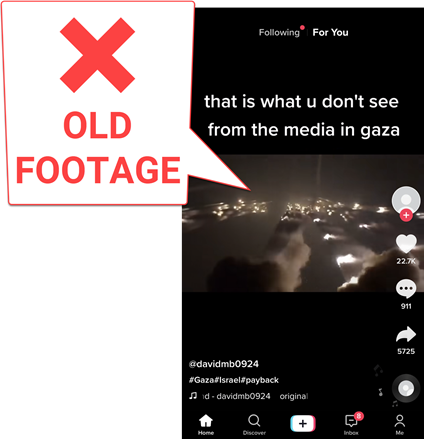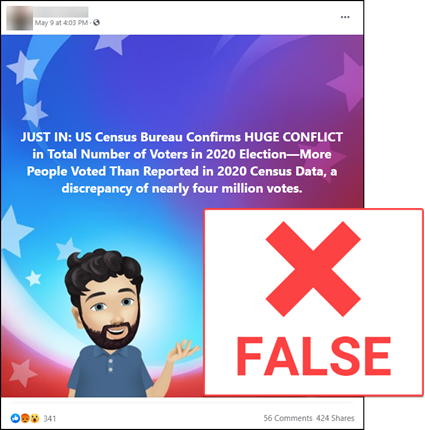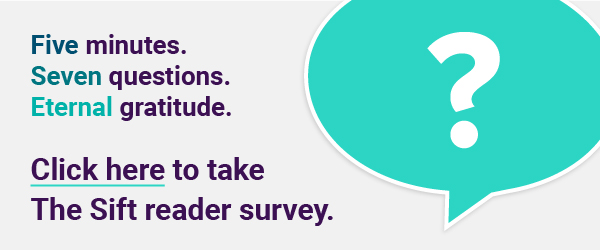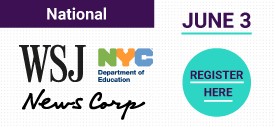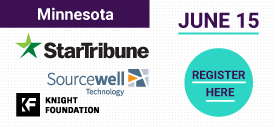|
★ Sift Picks
Featured
Ordinary Facebook users are combating vaccine and COVID-19 misinformation by creating decoy “honeypot” groups that first attract, and then challenge, those who believe in vaccine-related conspiracy theories. The groups — which have amassed thousands of members — initially appear to promote vaccine falsehoods. People who join the groups are permitted to post false claims and misleading information before moderators then step in to fact-check and challenge vaccine myths through comments and private messages. Sometimes it works: “They sort of swung me round,” one person told the BBC, “by sending me actual factual information.”
Note: This BBC report from Marianna Spring also touches on “moderation challenges” posed by decoy groups battling vaccine myths. Moderators say they aim to debunk falsehoods, but by allowing posts that contain misinformation, this type of Facebook group “technically breaches the company's rules.”
Related:
Discuss: A volunteer moderator in the BBC report indicated he felt “conflicted about the deception” of honeypot Facebook groups, which make people think they promote vaccine falsehoods to get them to join. Is this an ethical way to combat misinformation? Could it do more harm than good? What role should social media companies like Facebook play in fighting falsehoods on these platforms? Are these volunteers “doing work that should be Facebook's responsibility?”
Resources:
Quick Picks
- Discuss: Why is it vital for credible, independent news organizations to provide on-the-ground coverage of armed conflicts? What can happen when the press does not have access to places where armed conflict is happening? The president and CEO of The Associated Press said in a statement that “the world will know less about what is happening in Gaza because of what happened today.” Do you agree? Al Jazeera said in a separate statement that the strike was “a clear act to stop journalists from conducting their sacred duty to inform the world and report events on the ground.” Do you agree?
- Related:
- Discuss: Why do organizations like the Asian American Journalists Association (AAJA) exist? How could following AAJA’s guidance improve news organizations’ coverage of the Atlanta-area shootings? What inadvertent harm can news coverage about issues and subjects that involve race and racism cause?
- Idea: Have students read this article, or the AAJA guidance on covering the Atlanta-area shootings, and take note of each specific practice that is recommended. (For example, put the shootings into historical context, avoid strengthening harmful stereotypes, use careful word choice and include the voices of Asian American and Pacific Islander experts in coverage.) Then have students pair up to discuss the ways the recommendations they noted might change the way they look at news coverage.
- Related: “How misrepresentation in media impacts marginalized communities” (Cassie Owens, The Philadelphia Inquirer).
- Discuss: Should straight news reporters and television anchors avoid sharing their opinions about the subjects they report on? If a television news personality shows emotion on air, does that make their coverage biased or does it make it more genuine and authentic? Should broadcast (including TV and radio) news organizations have different standards for reporting — for example, the tone they use — than print-based news organizations? Why or why not?
- Idea: Divide the class into groups and assign each a news broadcast, taking care to create a blend of national network news (NBC, ABC and CBS), public television (PBS NewsHour) and cable news (Fox News, CNN and MSNBC). Then ask the class to watch a 30-minute news broadcast on their assigned network on a specific date and take notes on the number of opinions expressed by the journalists. Compare findings the next day.
- Another idea: Select two news segments about the same subject on the same date, one from a straight news broadcast on a cable news channel and one from a straight news broadcast on a network. Have the class watch each segment and evaluate the coverage, especially the presence or absence of opinions expressed by journalists.
- Related: “While NPR throws softballs, the ‘PBS NewsHour’ is showing some spine” (Dan Kennedy, Media Nation).
|
